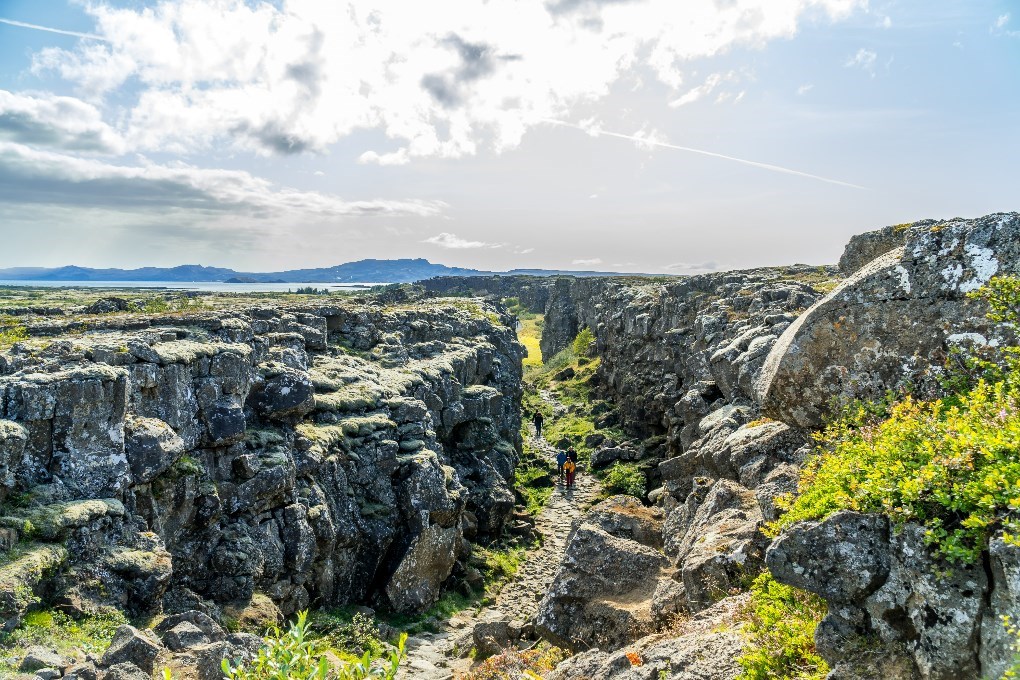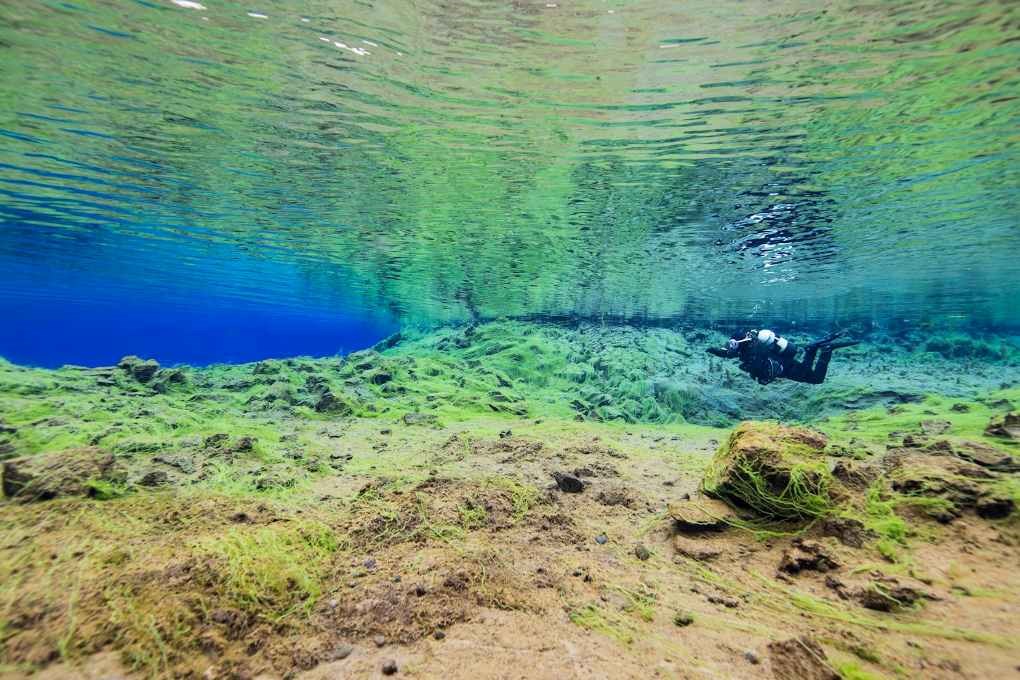
Table of Contents
Here’s a fun fact to start: Iceland is the only country in the world where you can stand with one foot in Europe and the other in North America. Sounds like it could be split between the two, right? But the truth is simple. Despite its unique location, Iceland is officially and culturally part of Europe, not North America.
This rare position has shaped Iceland’s dramatic scenery, influenced its history, and made it one of the most unforgettable travel destinations you can explore. If you’ve ever wondered about the continent of Iceland, understanding its political and geographical identity adds depth to your travel plans.
Whether you’re dreaming of chasing waterfalls, hiking on glaciers, or just love learning about faraway places, knowing where Iceland sits on the continental map makes your journey even more interesting.
Is Iceland Part of Europe?
There’s no doubt: Iceland belongs to Europe. Its culture, language, and history are closely connected to the Nordic countries of Norway, Sweden, Denmark, and Finland. Politically, Iceland is part of the European Economic Area (EEA) and the Schengen Area, which allows for easy travel across many European countries. However, it’s not a member of the European Union.
Scandinavian influence is clear in Iceland’s education system, laws, and everyday life. The country is home to Alþingi, the world’s oldest parliament, established in 930 AD. You can see its European roots in Viking sagas, traditional turf houses, and music festivals that bring communities together. You can even taste Europe in local dishes like hearty lamb stew, rye bread baked in geothermal heat, and freshly caught North Atlantic fish.
When visiting, you might join locals at a summer festival in Reykjavík, where traditional songs meet modern pop music, or watch a community parade in a small fishing town, where families gather in colourful knitwear. On any political map, Iceland appears in Europe without question, leaving no doubt about the continent of Iceland.
To Which Country Does Iceland Belong?
Iceland is a completely independent nation. It isn’t ruled by any other country. Norse settlers first arrived in the 9th century, and their Viking heritage still shapes Iceland today. After years under Norwegian and then Danish rule, Iceland gained full independence from Denmark on 17 June 1944. Now it is a parliamentary republic known for its strong democracy, innovation, and deep respect for nature.
The Geological Twist: Iceland’s Place Between Two Continents
Culturally European, yes. Geographically, Iceland sits on the Mid-Atlantic Ridge, the boundary where the North American and Eurasian tectonic plates meet. These plates move apart by a few centimetres each year, creating new land and fuelling Iceland’s volcanic and geothermal activity.

Cartography by Ian Scroggs
This is the only place on Earth where you can see this ridge above sea level. At Thingvellir National Park, a UNESCO World Heritage Site, you can walk between the plates or snorkel in the clear waters of the Silfra fissure. Another great spot is the Bridge Between Two Continents on the Reykjanes Peninsula, close to the Lava Car Rental office, where you can cross from one continent to the other in seconds.

All this shifting earth has created Iceland’s famous black sand beaches, lava fields, geysers, and natural hot springs — a key part of the unique geography that defines the continent of Iceland.
Exploring Iceland’s Continental Wonders by Road
The best way to explore Iceland’s mix of European culture and wild landscapes is to rent a car and take your time. You can choose your own route, stop for photos, and discover hidden gems.
From Reykjavík, you can drive to Thingvellir, explore the Reykjanes Peninsula, or head north to Mývatn for volcanic landscapes and geothermal pools. Along the way, you might stop in small fishing villages, admire colourful turf-roofed houses, or relax with coffee and pastries in a cosy café. You could even pull over to watch puffins nesting along the coast or soak in a roadside hot spring, all part of Iceland’s European charm.
Rent your Car in Iceland Today
Final Answer: Iceland Is a European Nation
Even though it sits across two tectonic plates, Iceland is firmly part of Europe. Its culture, language, and history are tied to the Nordic world, and it takes part in major European agreements like the EEA and Schengen Area. At the same time, its location offers something truly special. You can stand on two continents in one day.
Visiting Iceland means experiencing its rich European heritage alongside landscapes shaped by powerful geological forces. It’s a place where history, culture, and nature combine in ways you won’t find anywhere else. This unique mix of deep-rooted traditions and awe-inspiring natural wonders makes the continent of Iceland a must-visit destination for any traveller. Start planning your journey today with our Iceland driving guide and explore our rental car options to begin your adventure.




